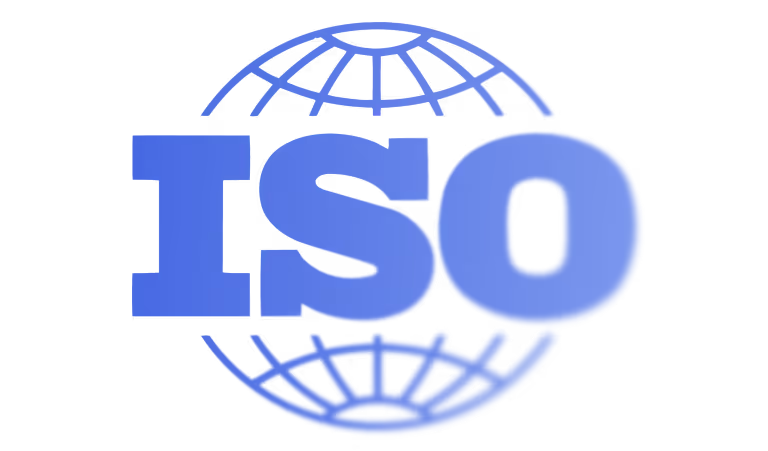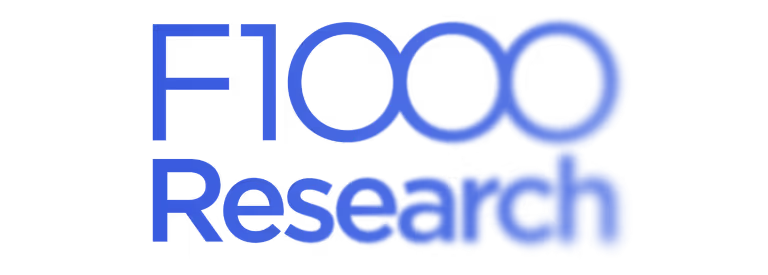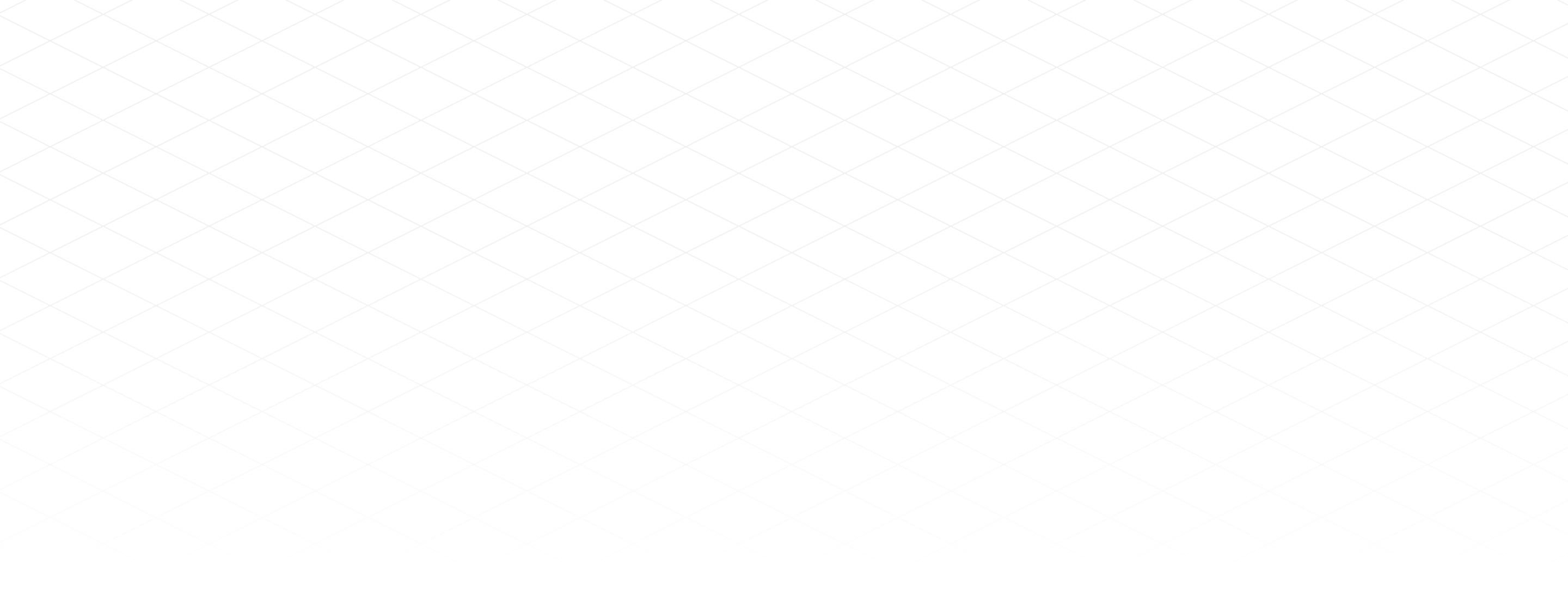The Global Health Atlas, powered by NewsCatcher, uses AI to track and map healthcare corruption globally turning news into actionable insight.
We are proud to see our news data powering Transparency International Global Health’s new Global Health Atlas—an innovative tool using AI to surface and map reports of health system corruption worldwide. Below is their case study on how the Atlas is helping drive transparency and accountability in global health.
A New Tool to Tackle Health Corruption, One Story at a Time by Jonathan Cushing, Programme Director, Transparency International Global Health
Corruption in health systems isn’t just about money lost. It’s about lives put at risk. From the diversion of medicines to politically connected contracts, corruption continues to undermine care across the globe. Now, a new tool aims to make those patterns visible.
This week, Transparency International Global Health launched the Global Health Atlas, a first-of-its-kind resource that uses artificial intelligence to track and analyse reports of corruption in health systems. Drawing from more than 13,000 media articles worldwide, the Atlas maps where corruption is being reported, what forms it takes, and how it affects people’s access to care.
It’s a big step forward for accountability. While corruption is frequently reported by journalists, those stories often go unnoticed by civil society groups, policymakers or advocates. The Atlas changes that, bringing scattered reporting into one place, and turning individual headlines into a powerful data source.
Why now? The COVID-19 pandemic laid bare how vulnerable even the most advanced health systems can be. In the UK, emergency procurement failures and lack of transparency became national scandals. Globally, billions were lost to fraud and waste. Yet, as political attention has shifted elsewhere, efforts to tackle these issues have stalled.
The recently concluded Pandemic Accord was meant to help countries prepare for future crises. Instead, it stopped short of introducing real teeth on transparency or oversight. That gap makes tools like the Global Health Atlas even more important.
There has been some progress. More governments are beginning to acknowledge that corruption threatens global health goals, and reforms are underway to improve procurement and regulation. But funding for health is shrinking, while the demands on systems grow. That makes every dollar count and corruption even more costly.
Ironically, tighter budgets may also bring opportunity. As countries rely more heavily on domestic revenue, there’s growing public pressure to show that funds are being spent fairly and effectively. That’s where the Atlas can play a critical role, arming watchdogs, researchers and officials with the information they need to act.
It’s not just a data tool. It’s a window into the realities of health corruption around the world and a reminder that transparency is not optional. It’s essential.

































